Further price rises for cars are becoming inevitable as the cost of raw materials, already high, shoots up further as a result of Russia’s invasion of Ukraine.
The bind car makers currently find themselves in was exposed by US start-up Rivian, which angered customers waiting for delivery of its high-end electric SUVs and pickups by announcing price rises of around $12,000 (about £9150). Rivian backed down and reverted to its original price for those with pre-orders after a barrage of complaints, but stuck to the increase for anyone else. “A lot has changed” since the cars first went on sale, CEO RJ Scaringe said in a letter. “The costs of the components and materials that go into building our vehicles have risen considerably,” he said.

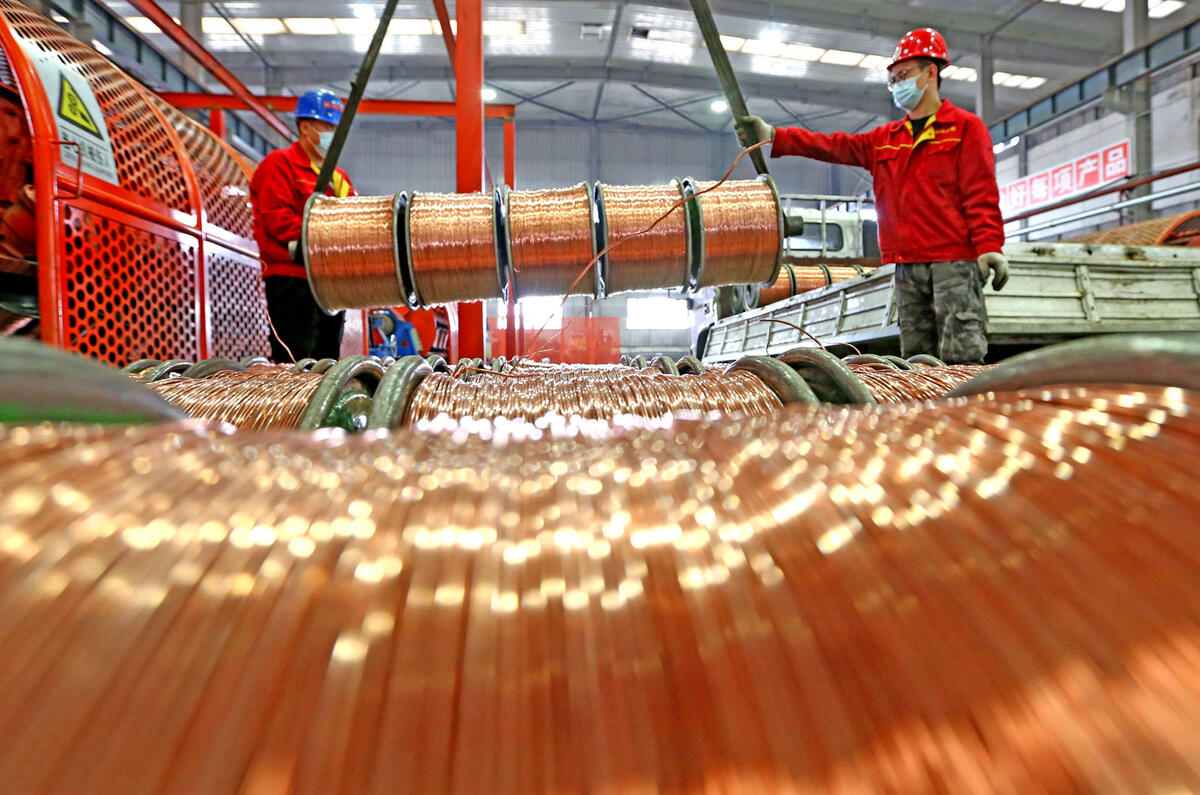
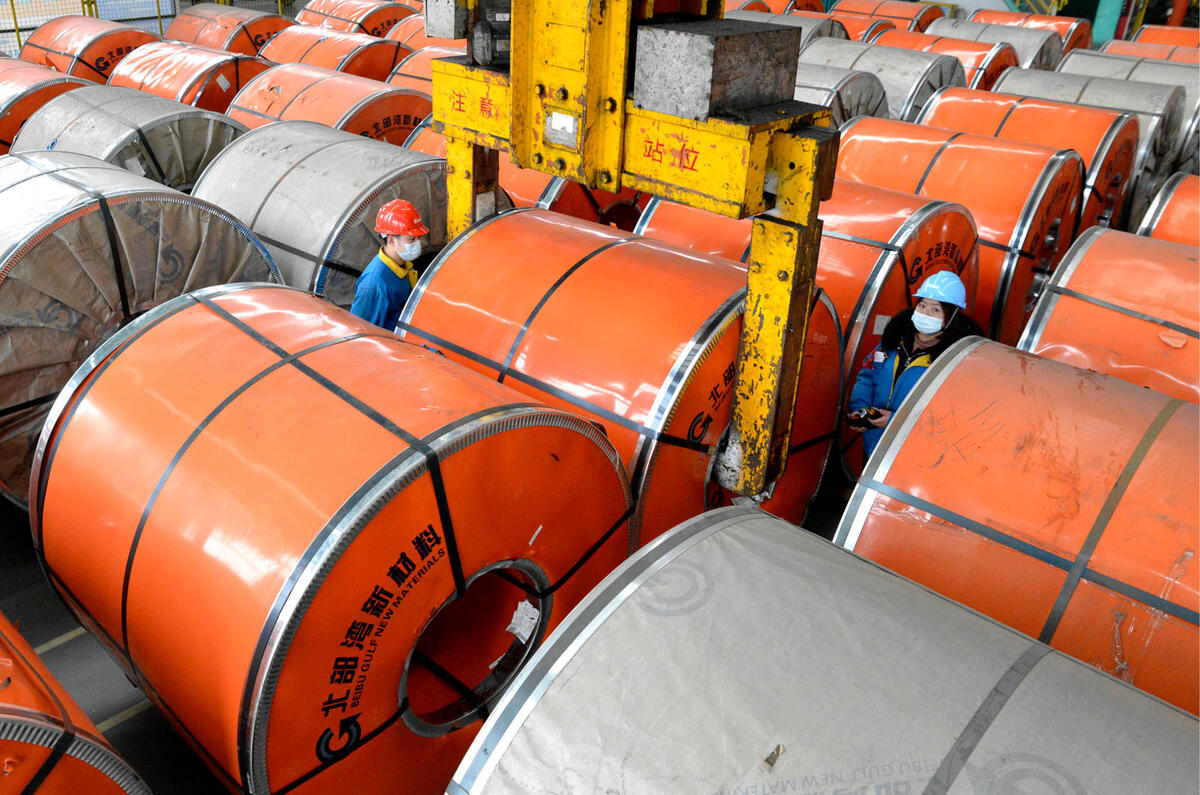
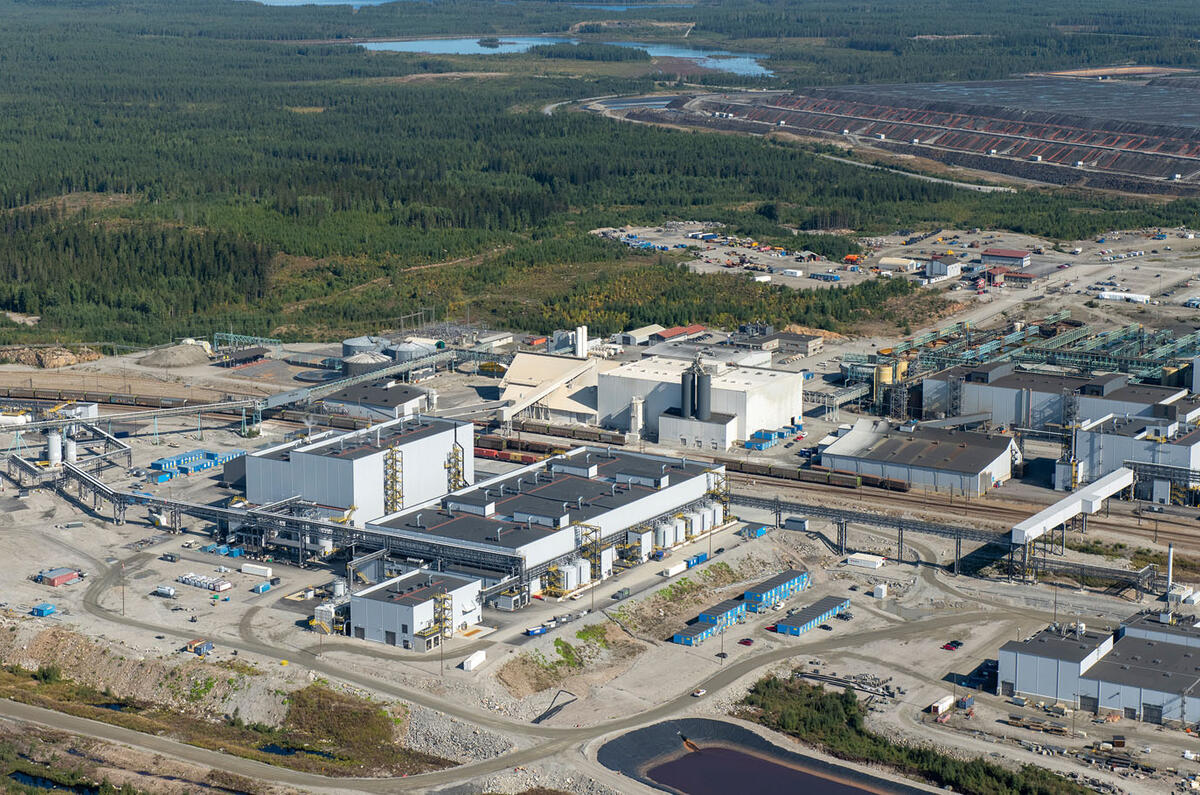
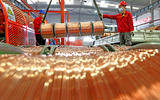
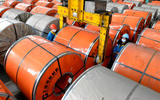
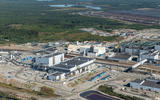


Join the debate
Add your comment
People are worried about if they can afford to keep warm, and food prices going up, so I would imagine getting a new car will be pushed further and further down the list.
I wonder if all this will make the £17,500 list price of the forthcoming VW ID Life increase?